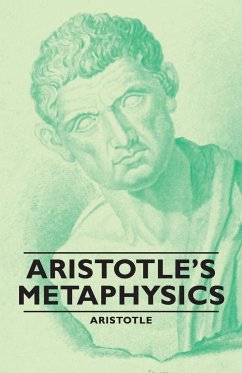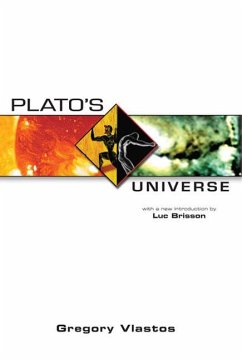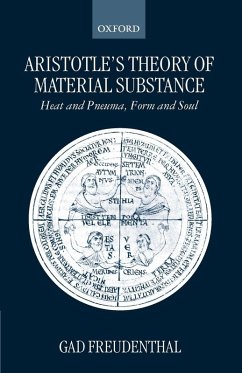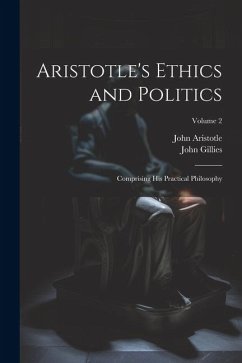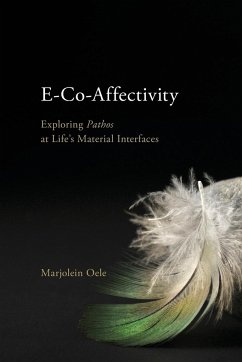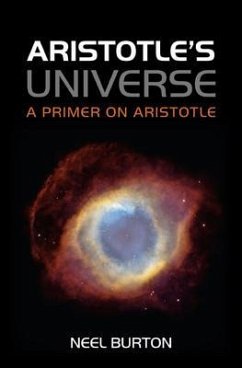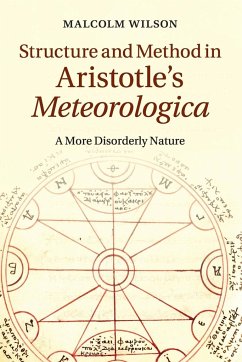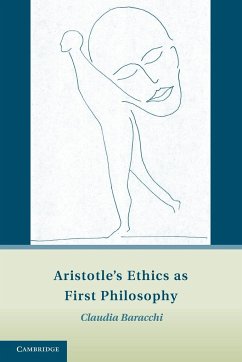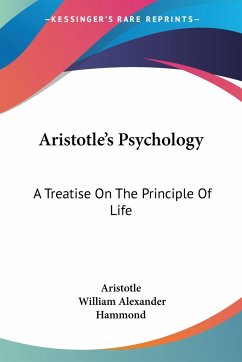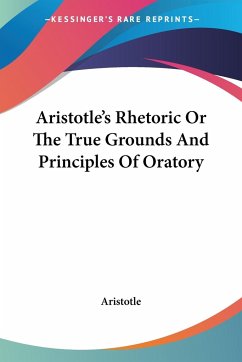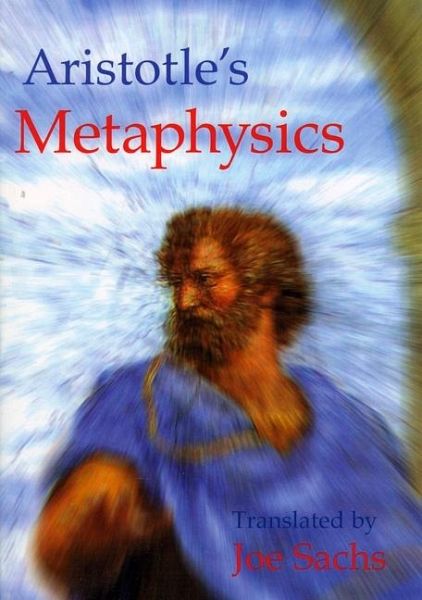
Aristotle's Metaphysics
Versandkostenfrei!
Versandfertig in über 4 Wochen
26,99 €
inkl. MwSt.
Weitere Ausgaben:

PAYBACK Punkte
13 °P sammeln!
Joe Sachs has followed up his brilliant translation of Aristotle's Physics with a new translation of Metaphysics. Sachs's translations bring distinguished new light onto Aristotle's works, which are foundational to history of science. Sachs translates Aristotle with an authenticity that was lost when Aristotle was translated into Latin and abstract Latin words came to stand for concepts Aristotle expressed with phrases in everyday Greek language. When the works began being translated into English, those abstract Latin words or their cognates were used, thus suggesting a level of jargon and abs...
Joe Sachs has followed up his brilliant translation of Aristotle's Physics with a new translation of Metaphysics. Sachs's translations bring distinguished new light onto Aristotle's works, which are foundational to history of science. Sachs translates Aristotle with an authenticity that was lost when Aristotle was translated into Latin and abstract Latin words came to stand for concepts Aristotle expressed with phrases in everyday Greek language. When the works began being translated into English, those abstract Latin words or their cognates were used, thus suggesting a level of jargon and abstraction, and in some cases misleading interpretation, which was not Aristotle's language or style. These important new translations open up Aristotle's original thought to readers.




